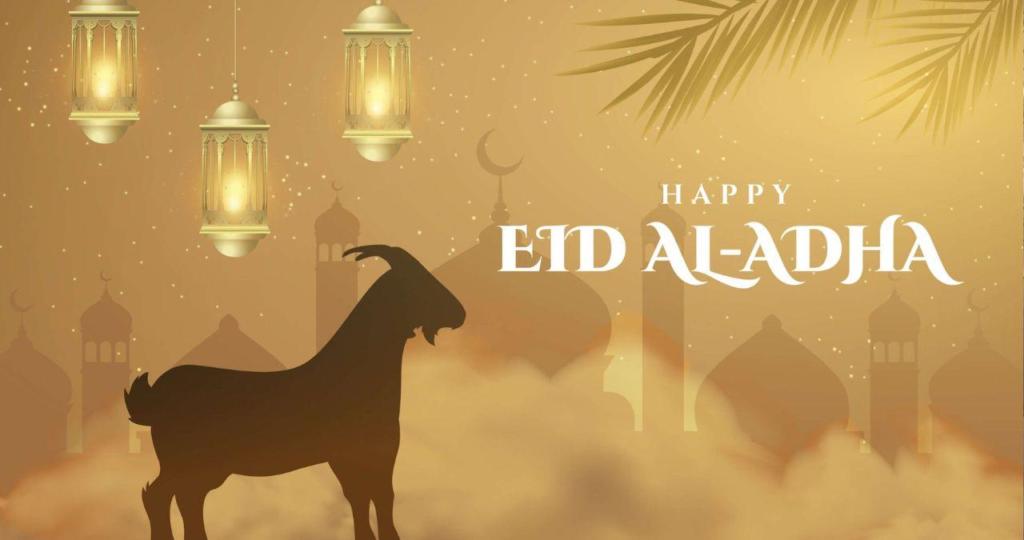If you’re planning to visit Türkiye or are already living here, you may have heard about Kurban Bayramı—one of the most significant religious holidays in the country. Also known as Eid al-Adha or the Feast of Sacrifice, this special time offers a unique glimpse into Turkish culture, traditions, and community spirit. Here’s everything you need to know about Kurban Bayramı: its meaning, duration, customs, and what to expect as a foreigner in Türkiye during the holiday.
What Is Kurban Bayramı?
Kurban Bayramı, or Eid al-Adha, is an Islamic holiday commemorating the willingness of the Prophet Ibrahim (Abraham) to sacrifice his son as an act of obedience to God. In Islamic tradition, God intervened and provided a ram to sacrifice instead. To honor this event, Muslims around the world—Türkiye included—perform a symbolic animal sacrifice, typically of a sheep, goat, or cow.
The meat is divided into three parts: one-third is kept for the family, one-third is shared with relatives and neighbors, and one-third is given to those in need. It’s a time of charity, gratitude, and togetherness.
How Long Is Kurban Bayramı?
In 2025, the holiday will be observed from:
-
Thursday, June 5 (Arife) – Half-day of work; preparations begin
-
Friday, June 6 to Monday, June 9 – Official Bayram days (4 days)
-
Tuesday, June 10 – Many people may extend their vacation if possible
Government offices, banks, schools, and many businesses will close at noon on Thursday, June 5, and remain closed through Monday, June 9. Some may reopen on Tuesday, while others may take a longer break.
What Should You Expect in Türkiye During Kurban Bayramı?
🏛️ Government Offices & Businesses
-
Government buildings, banks, and post offices are closed during the official holiday.
-
Hospitals remain open for emergencies, but routine appointments and clinics are usually unavailable.
-
ATMs may run out of cash in smaller towns, so it’s a good idea to withdraw money in advance.
🛍️ Shops & Restaurants
-
Large shopping malls, restaurants, and cafes in big cities often stay open, especially after the first day.
-
Local markets, family-run stores, and some businesses may be closed, particularly on the first day of the holiday.
-
Tourist attractions (museums, historical sites, etc.) are generally open but may have shorter hours or be very crowded.
🚗 Transportation & Travel
-
Expect heavy traffic, especially on the first and last days of the holiday, as people travel to visit family or go on vacation.
-
Bus and plane tickets can sell out quickly, and prices may increase—book well in advance if you’re planning to travel.
-
Public transportation may operate on a holiday schedule with reduced frequency.
🐑 Sacrificial Practices
-
The morning of the first day begins with a special prayer at mosques, followed by animal sacrifices in designated areas.
-
While modern urban areas often use licensed slaughterhouses, you may still witness sacrifices in some neighborhoods or rural areas.
-
Authorities work to keep this process hygienic and regulated, but if you’re sensitive to such sights, it’s a good idea to avoid these areas early in the day.
Travel Tips for Kurban Bayramı
-
Plan ahead: Book transport, hotels, and tours early.
-
Visit tourist spots early in the day: Some attractions may have shorter hours or be closed.
-
Have cash on hand: ATMs can run out quickly during holidays.
-
Be respectful: Understand that this is a deeply spiritual time for many people.
In Summary
Kurban Bayramı is not only a religious observance but a time for family, charity, and reflection. For visitors, it’s a unique opportunity to witness a significant part of Turkish culture. While the pace of daily life slows down, the spirit of hospitality and community shines brightly.
If you’re in Türkiye during this holiday, embrace the experience—but remember to plan around closures and travel crowds. You might just find yourself warmly welcomed into the heart of Turkish tradition.
Have you experienced Kurban Bayramı in Türkiye? Share your thoughts or tips in the comments!
İyi Bayramlar! 🇹🇷

 English
English










